Pakistani PM urges restraint after deadly Kashmir protests, expands talks team
Sharif expressed regret over the clashes, called peaceful protest a constitutional right

Javed Hussain
Correspondent
I have almost 20 years of experience in print, radio, and TV media. I started my career with "Daily Jang" after which I got the opportunity to work in FM 103, Radio Pakistan, News One, Ab Tak News, Dawn News TV, Dunya News, 92 News and regional channels Rohi TV, Apna Channel and Sach TV where I worked and gained experience in different areas of all three mediums. My journey from reporting to news anchor in these organisations was excellent. Now, I am working as a correspondent with Nukta in Islamabad, where I get the opportunity of in-depth journalism and storytelling while I am now covering parliamentary affairs, politics, and technology.
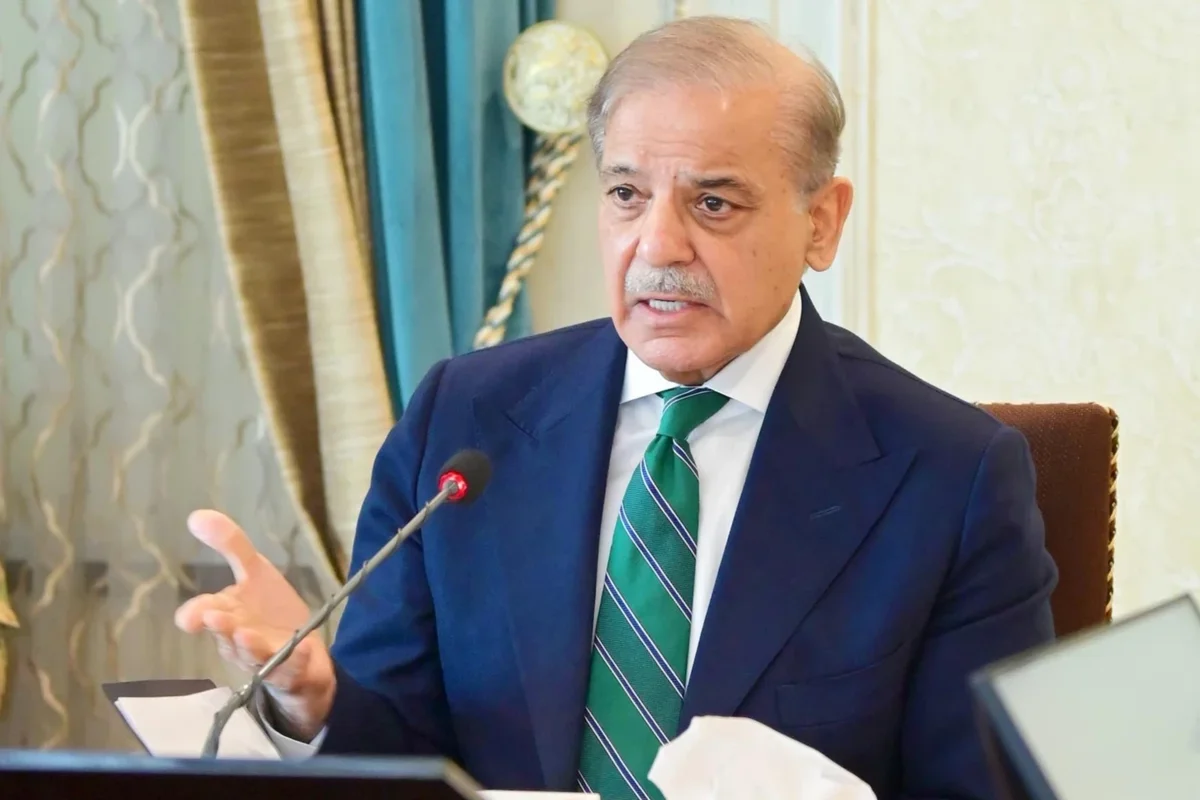
Pakistan’s Prime Minister Shehbaz Sharif on Thursday urged security forces to exercise restraint in Pakistan-administered Kashmir after days of violent protests that left at least three police officers dead and more than 150 injured.
Protesters say several demonstrators were also killed, though authorities have not confirmed civilian casualties.
Sharif expressed regret over the clashes, called peaceful protest a constitutional right, and announced relief for families affected by the unrest.
He ordered a transparent investigation and expanded a government negotiation team to include Senator Rana Sanaullah, federal ministers Sardar Yousaf and Ahsan Iqbal, former Pakistan-administered Kashmir President Masood Khan, and senior politician Qamar Zaman Kaira.
The group was dispatched to Muzaffarabad, the disputed Himalayan region's capital, to seek what Sharif called a “durable solution.”
The move follows the failure of an initial round of talks between the regional government and the Joint Awami Action Committee (JAAC), a coalition of political and civil society groups leading the demonstrations.
JAAC leaders accuse security forces of firing on crowds during a long march, killing at least three protesters. “We will not allow our martyrs’ blood to be politicized,” JAAC leader Shokat Nawaz Mir told demonstrators.
Pakistan-administered Kashmir's Prime Minister Anwaarul Haq on Wednesday acknowledged the deaths of three policemen and injuries to hundreds but denied responsibility for protester deaths.
The protests have roots in economic grievances dating back to 2023, when sharp hikes in flour and electricity prices triggered widespread anger.
In May 2024, a mass march on Muzaffarabad ended in deadly clashes with paramilitary forces, prompting Islamabad to announce an $83 million subsidy package. But discontent has lingered, fueled by demands for cheaper utilities, greater local powers, and curbs on official privileges.
Rights groups say heavy-handed policing and years of socioeconomic frustration have deepened public anger. Analysts warn that if negotiations falter again, the unrest could spiral into one of the most serious crises in the region in years.
Kashmir, a Himalayan region claimed in full but administered in part by both India and Pakistan, has been a flashpoint since the two gained independence in 1947.


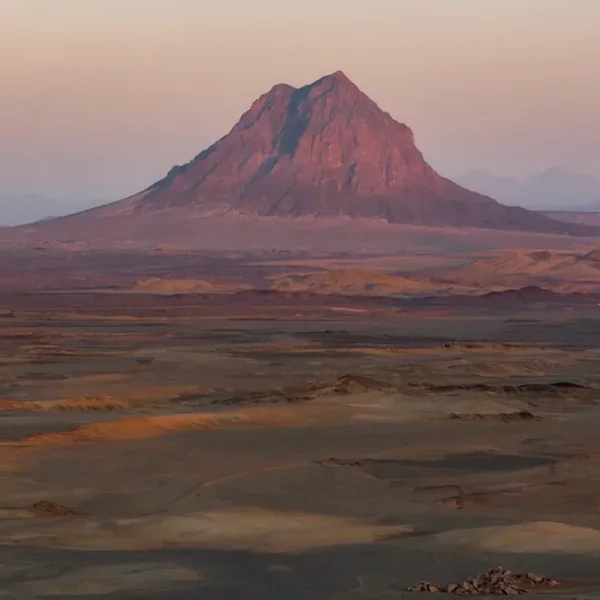
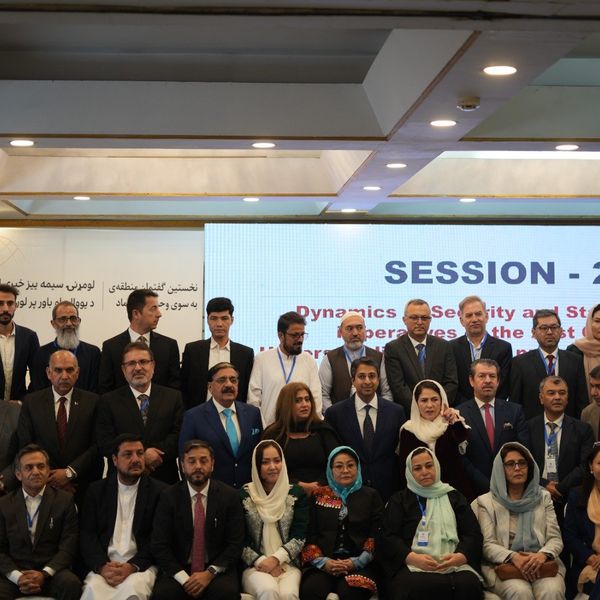
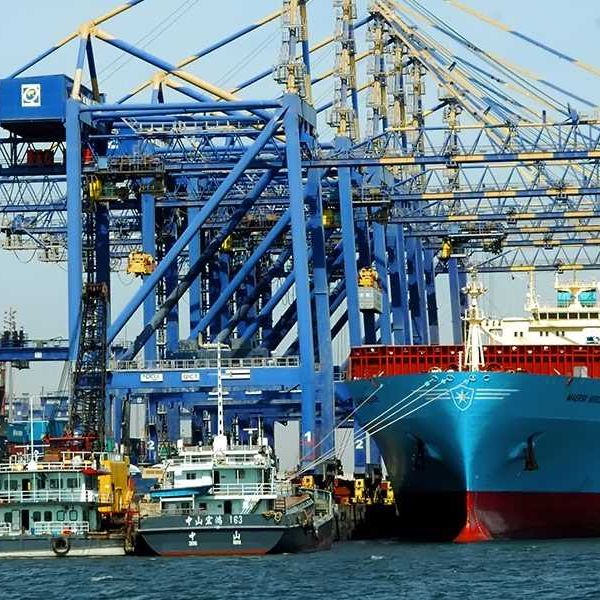

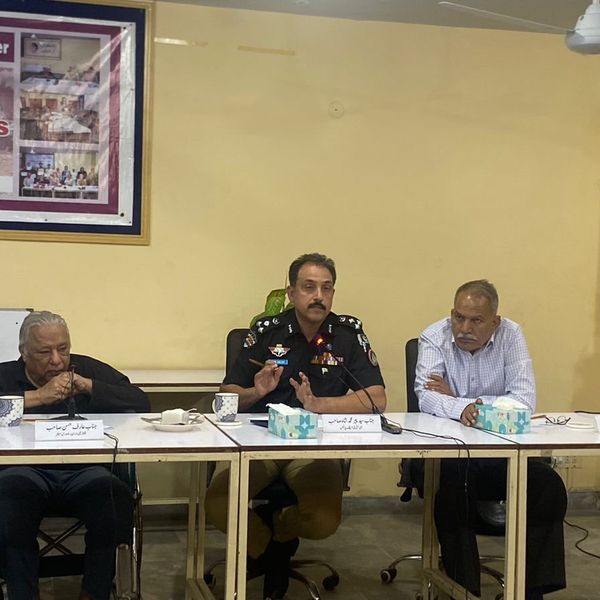
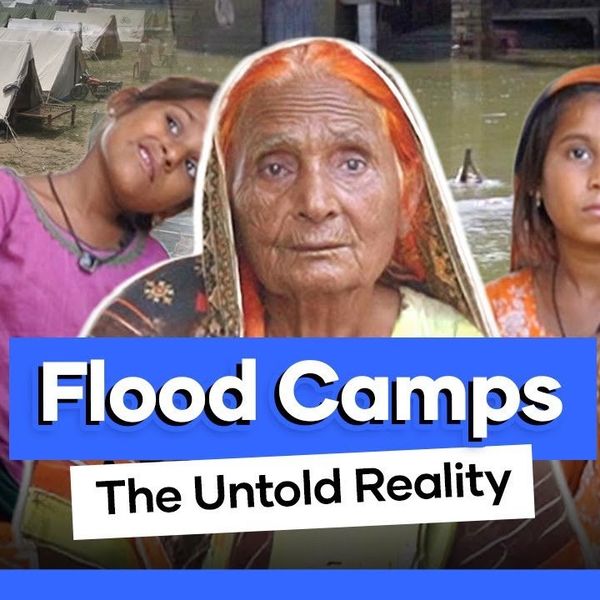


Comments
See what people are discussing